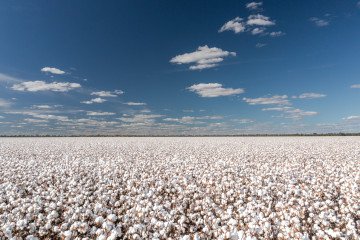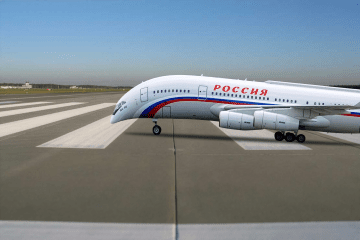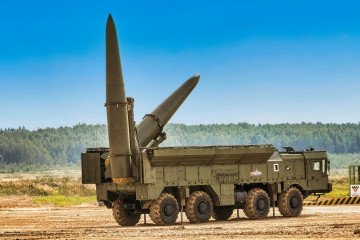
- Category
- War in Ukraine
Oleksandr Moiseienko has been working as a journalist since 2013. He has worked for leading Ukrainian media outlets, including Forbes and Ukrainian Pravda. As a journalist, he focused on economics and finance. After the Russian full-scale invasion of Ukraine, he began covering the war in Ukraine for the TRT WORLD TV channel as a field producer. In the summer of 2022, he joined the UNITED24 Media team as the editor-in-chief of the war correspondents department. He now continues to work as a website editor, writing on topics of interest to him. He holds a master's degree in business economics.
-206008aed5f329e86c52788e3e423f23.jpg)

-98d31b238962988a82662dd1f44a2cd4.jpg)


